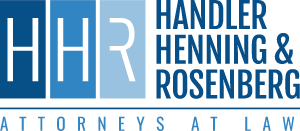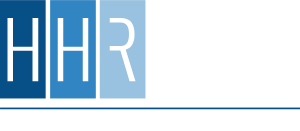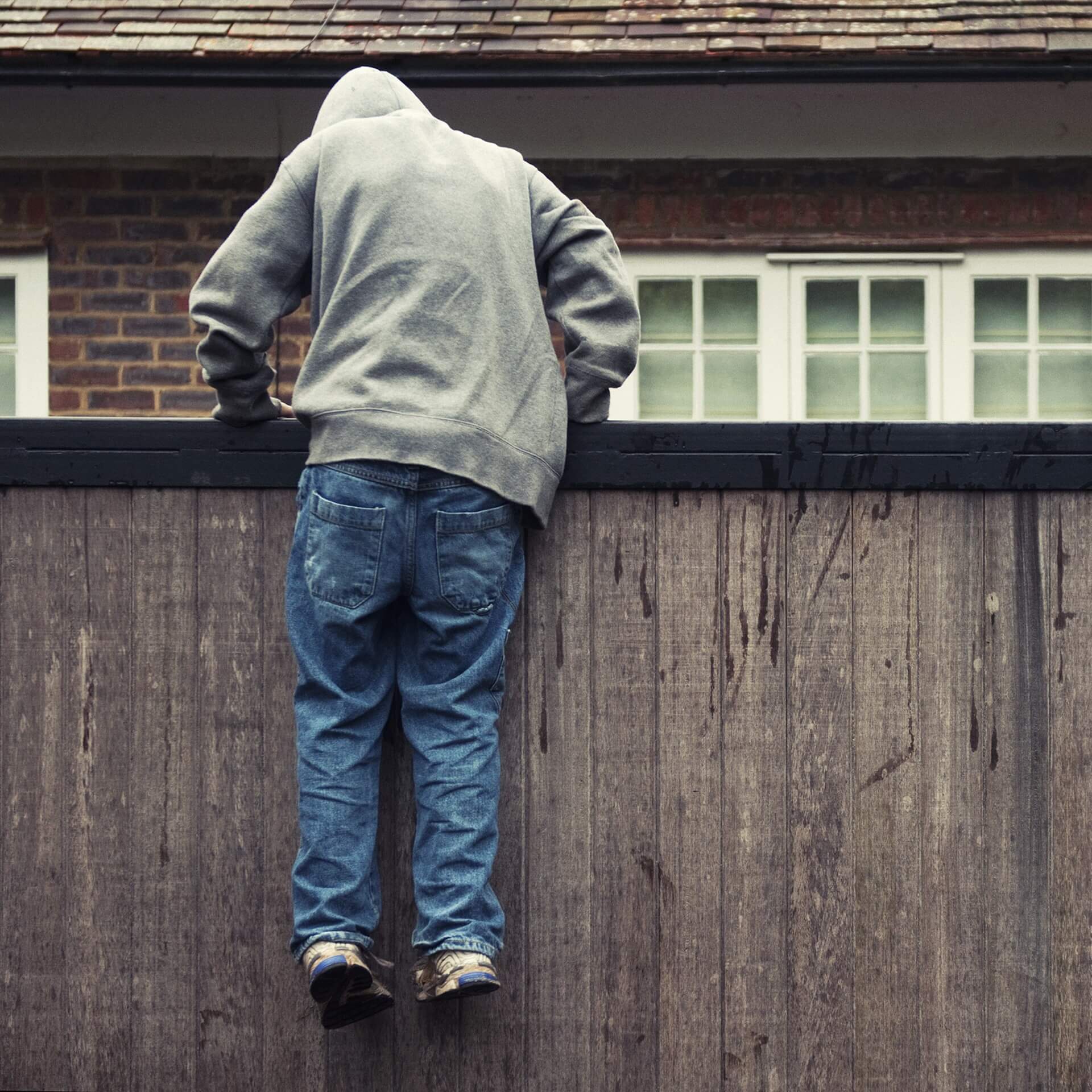In Pennsylvania, an individual who suffered an injury on the property of another person may be able to pursue them for compensation in civil court. Premises liability claims could be filed by an injured person if negligence on the part of a property owner caused their harm. Civil law ensures that property owners do not escape the responsibility of providing a safe environment
An injured person must prove the following for a successful case:
- The property owner had a duty of care to the injured.
- The owner knew about or should have known about the hazard that caused the accident.
- The property knows about danger and failed to fix it.
- The breach of duty was a direct cause of injury.
When Does a Property Owner Have a Duty to Protect Others?
Generally, there are three main categories that visitors fall under: invitees, licensees, and trespassers. A certain degree of duty is owed to each category.
Invitees
Invitees are individuals who are invited to be on the property of the owner. Property owners have the highest amount of duty to protect those who are considered invitees. A general way to decide if an individual is an invitee is to examine if their presence on a property is somewhat known or expected by a property owner. For example, customers at a business are invitees because the property owner expects them to visit.
Licensee
A person may be considered a licensee if they are visiting an invitee for personal reasons. For example, if a person visits a friend at a rental property, they are a licensee. Licensees are generally invited to a property by an invitee. Property owners are required to keep licensees who are visiting their property reasonably safe, primarily because they should already be protecting the well-being of invitees.
Trespassers
Premises liability regarding trespassers can be surprising for many. If someone is on the property of another without permission, they are not owed the duty of reasonable care. However, a property owner is still responsible to a certain extent for the safety of trespassers, particularly if they are aware of the trespasser's presence. A trespasser may be able to hold a property owner liable if they can prove that they were intentionally or knowingly injured. In some cases, property owners who fail to mark their land as dangerous or private adequately can be held liable by injured trespassers.
If you think you may be entitled to compensation for your injuries, contact our Pennsylvania premises liability attorneys today at (888) 498-3023.


